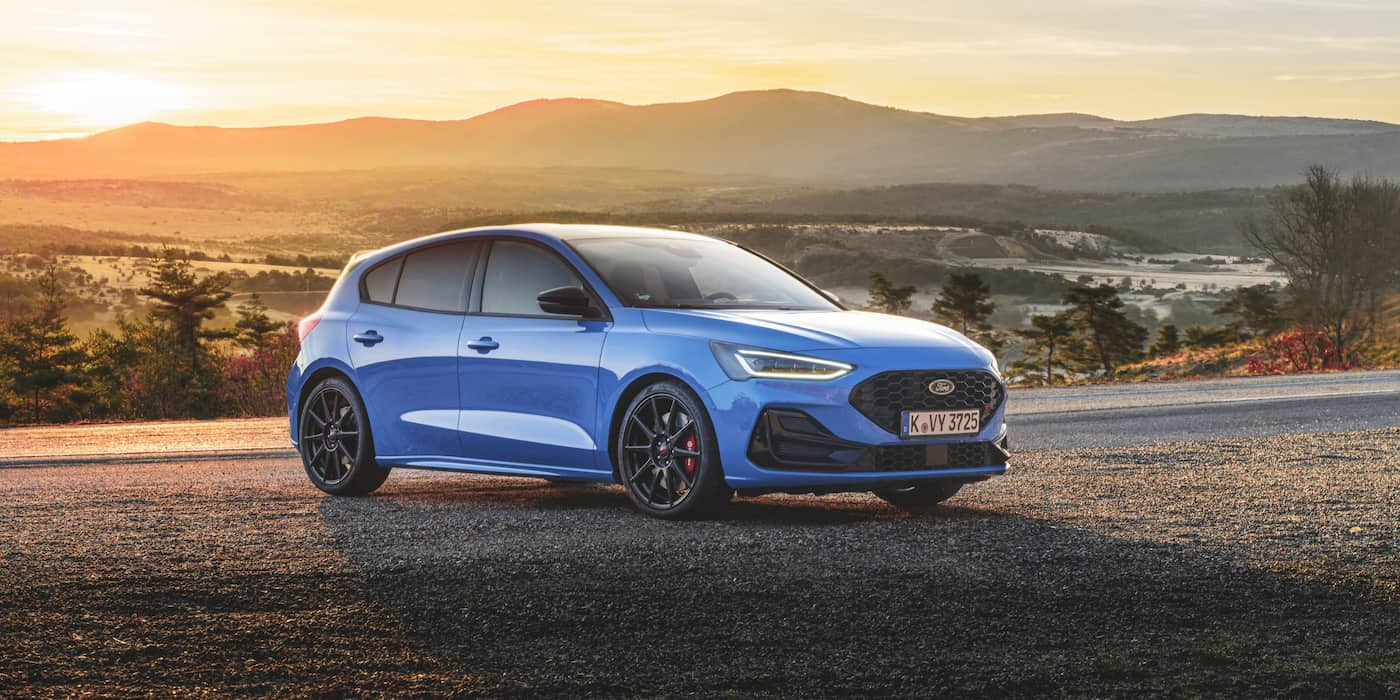
Ford is officially shifting gears to focus on smaller, more affordable electric cars. CEO Jim Farley emphasized Ford’s (not-so-secret) low-cost EV platform is progressing in Long Beach as former Tesla, Rivian, Lucid, and Apple execs aim to develop some of the world’s most efficient electric cars. With a focus on affordability, Ford’s EV platform opens the door for electric Focus and Fiesta successors.
As the American automaker struggles to stay afloat in Europe, low-cost EVs could be Ford’s savior. In February, Farley revealed Ford had a “skunkworks” team developing an affordable EV platform.
The small team is growing quickly, with around 50 former Rivian employees, another 20 from Tesla and Lucid, and a handful from Apple joining over the past few months.
Led by Alan Clarke, known for his work with Tesla’s top-selling Model Y, Farley said Ford has “some of the best EV engineers” working on the project.
After Ford announced it had lost another $1.1 billion on EVs in the second quarter, Farley offered more details on its upcoming platform. Although the “EV journey has been humbling,” Ford’s CEO said on its Q2 earnings call last week, Farley explained he’s still happy it started over 2.5 years ago.
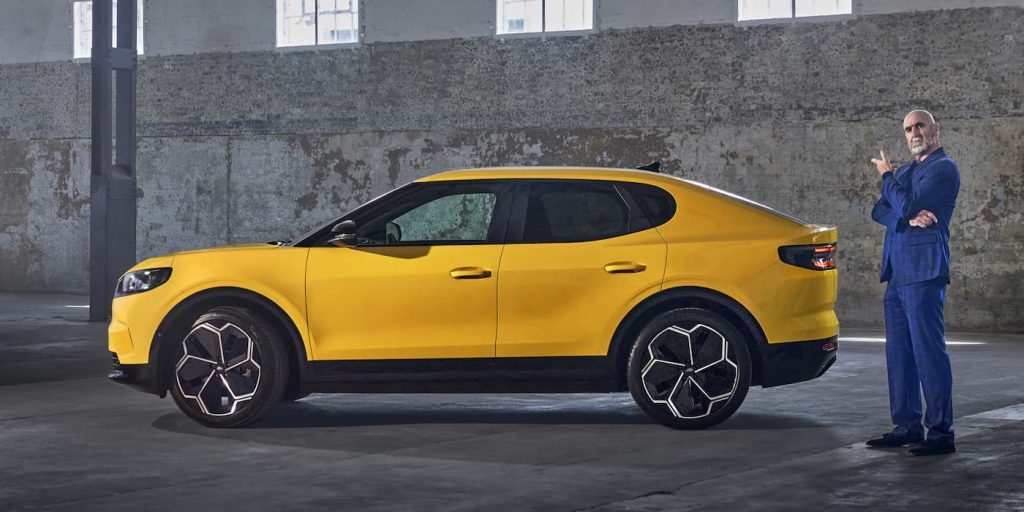
Ford’s EV platform to power new Focus, Fiesta models?
“We are spending a second amount of time at the corporate level talking about affordability,” Marin Gjaja, CEO of Ford’s Model e EV unit, told Autocar.
Gjaja admitted, “We don’t really have much in the affordable segment.” Ford recently launched the electric Capri in Europe, its second EV based on Volkswagen’s MEB platform. Its first was the electric Explorer.
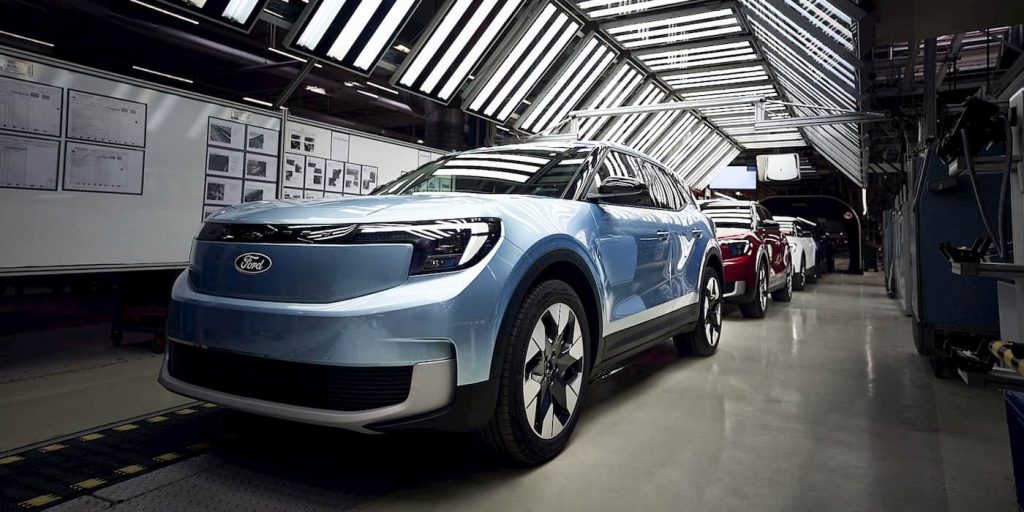
Ford’s first Explorer EV rolled off the assembly line at its new EV facility in Cologne last month. Last week, Farley explained that Ford has learned a lot from VW’s MEB.
It will inject some of its learnings into its new EV platform. Ford, alongside Rivian and Tesla, are “the only OEMs outside of China controlling software across all the vehicle domain,” according to Farley.
One of the biggest success factors is “matching the cost of the Chinese OEMs and Tesla, especially on affordable EVs,” Farley said.
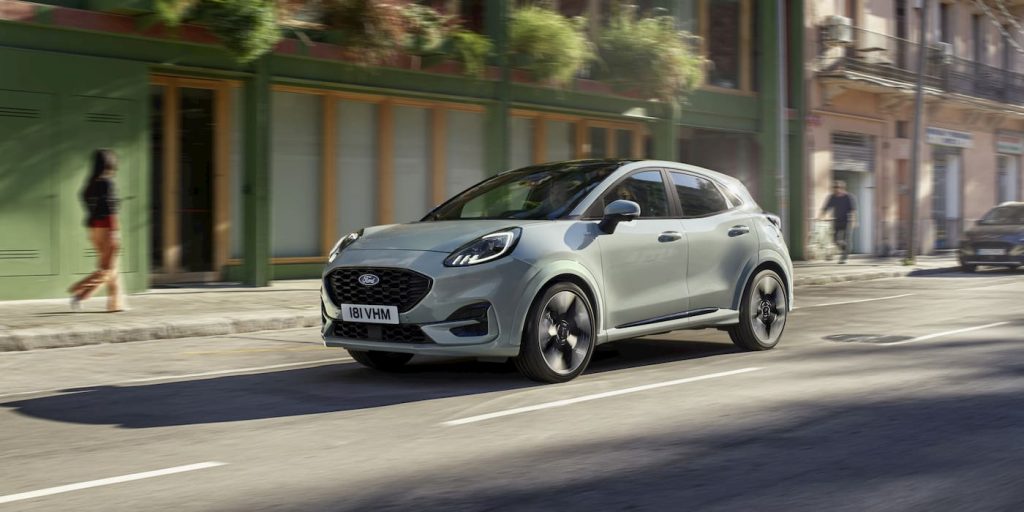
Gjaja reiterated the point, saying, “The question is: how do you compete in that segment, especially if you have a very low-cost manufacturing location like China pumping out affordable vehicles?”
Ford wants buyers to graduate to a vehicle like the Explorer EV. “But where do you start them?” Gjaja explained, “That’s what we’re doing in the US with an affordable platform, and there’s no reason why that platform wouldn’t be able to create products for Europe as well.”
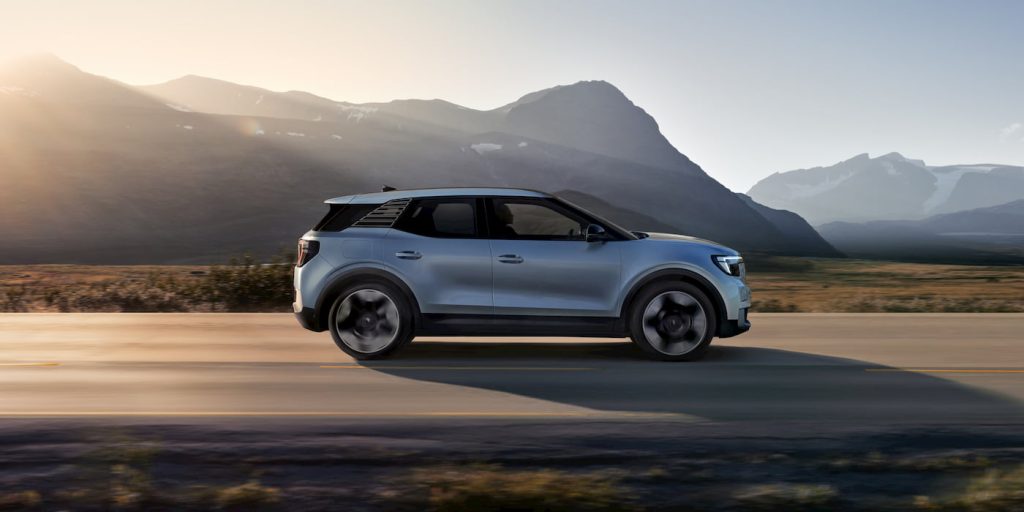
Gjaja said the first model based on the new platform will launch in the US in “late 2026 or early 2027.”
The comments suggest Ford’s low-cost EV platform could power electric Focus and Fiesta successors. Ford is “seen as cheap, cheerful, reliable transportation,” Gjaja said, now it’s introducing premium vehicles, like the Explorer and new Puma.
Electrek’s Take
With Ford struggling to stay afloat in Europe, can its new EV platform revamp the brand? About 98% of Ford’s profits come from the US. With Chinese EVs, like BYD, claiming record EV share in Europe last month, Ford hopes a change in strategy will spark momentum.
Ford lost its European boss, Martin Sander, to Volkswagen last month. The loss is significant as Sander played a key role in getting the Electric Explorer to market.
His position was eliminated as part of Ford’s restructuring plan in the region. The changes went into effect this month as part of a broader “transformation of its European business,” Ford said.
Despite EV sales surging in Q2 with nearly 24,000 electric cars sold in the US, Ford is pulling back on several EV initiatives, citing “slower-than-expected” demand. Ford remained the number 2 EV brand in the US behind Tesla, but rivals like Hyundai/Kia, and GM are gaining ground.
Rivian is also ramping up production after it shut down its Normal, IL plant for upgrades in April. The upcoming EV maker could take market share from Ford with its rugged electric R1T pickup and R1S SUV.
Farley has warned that the rise of Chinese EV makers like BYD could shrink Ford’s market to just North America. Ford’s CEO stressed that the company needs to make profitable EVs in the next five years.
Ford hopes its new low-cost EV platform will revamp the brand. Then again, Kia, Hyundai, Volvo, Stellantis, and others are already launching affordable EVs. Volkswagen, GM, Toyota, etc, are planning to do the same over the next few years. Will Ford find its market?
